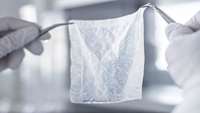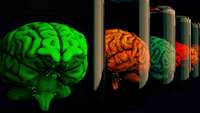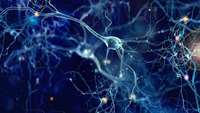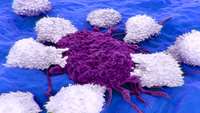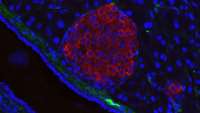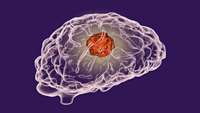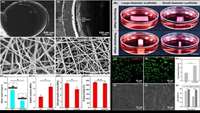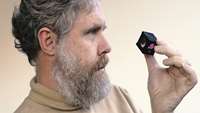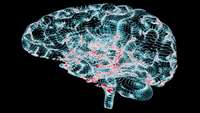Viscofan to trial stem cell implant for heart disorder
German medical products developer Viscofan BioEngineering has secured approval from the Spanish Agency for Medicines (AEMPS) to conduct a Phase I clinical trial of its stem cell implant called VB-C01, designed to treat severe cardiac insufficiency.
Researchers take key step toward growing human organs in laboratory
Combining developmental biology, genetics and bioinformatics, scientists at Oregon State University confirmed that Pax3+ cells act as a multifaceted stem cell niche for multiple organs at embryonic stages.
Researchers find key players for building and repairing the brain
Research by Dr. Freda Miller and her team at the Hospital for Sick Children and the University of Toronto has determined how brain stem cells and the environment they live within collaborate to build brain circuits during development, discoveries that have led to a better understanding of neurodevelopmental disorders in children.
Generating large numbers of universal immune cells could transform cancer immunotherapy
A scalable method of generating universal off-the-shelf natural killer (NK) cells for cancer immunotherapies has been devised by A*STAR researchers. Their technique could ensure that future NK cell-based cancer treatments can be used for most patients.
Implantable islet cells come with their own oxygen supply
Since the 1960s, researchers have been interested in the possibility of treating type 1 diabetes by transplanting islet cells—the pancreatic cells that are responsible for producing insulin when blood glucose concentration increases.
BrainChild-01 Will Evaluate CAR T Cells in Pediatric CNS Tumors
Researchers at the Seattle Children’s Hospital have initiated enrollment in the BrainChild-01 trial, which is designed to test chimeric antigen receptor (CAR) T-cell therapy in children and young adults with relapsed/refractory brain and central nervous system (CNS) tumors
Researchers create new programmed shape-morphing scaffolds enabling facile 3-D endothelialization
Recently, a research team led by Dr. DU Xuemin at the Shenzhen Institutes of Advanced Technology (SIAT) of the Chinese Academy of Sciences created a new shape-morphing scaffold, enabling programmed deformation from a 2-D planar cell-laden structure to a well-defined 3-D tubular shape, which facilitated the facile 3-D endothelialization of small-diameter vascular grafts.
Reversed Aging, Pig Organs, and the Future of Humankind
For a man playing God, George Church certainly looks the part. Over the past 45 years, the Harvard geneticist and his bushy white beard have published hundreds of papers and earned dozens of patents expanding our ability to read, write, and edit DNA, the code of life.
Kymriah and Yescarta recommended for EU approval
The European Medicines Agency (EMA; London, UK) has recommended marketing authorizations for two chimeric antigen receptors (CAR)-T cell therapies, Kymriah (tisagenlecleucel) and Yescarta (axicabtagene ciloleucel), in a Europe first.
Novel, stem cell-based model mimics mechanisms of Alzheimers disease
Scientists in Dresden, Germany, have been successful in mimicking mechanisms of Alzheimers disease in a novel, stem cell-based model system that reproduces features of human brain tissue.


